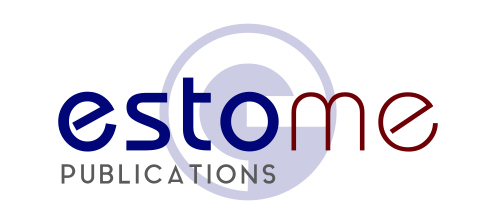EEA Amendment Act signed into law, but not in effect yet. Employers to use old law for reporting, says labour director.
estome
Table of Contents
Info
Info
Connect
Connect
EEA Amendments: Employment and Labour advise employers to use current employment equity legislation as reporting season opens
Employers advised to use current employment equity legislation as reporting season opens this week – Department of Employment and Labour
Although President Cyril Ramaphosa on 6 April 2023 signed the amended Employment Equity Act (EEA) into law, it is not yet effective – hence employers will be expected to report on their 2023 obligations using the current legislation, Department of Employment and Labour Director of Employment Equity advised employers.
The 2023 EE reporting season opens on Friday (1 September 2023) for both manual and online reporting. In terms of reporting timeframes, the manual reporting will close on 2 October 2023 and the online reporting closes on 15 January 2024
Mamashela said tomorrow (31 August) employers will get reminders on the activation links.
“It was our intention to have the new EE amendments coming into effect from 1 September 2023, so as to allow employers reporting on the new updated reporting system. We are ready to implement the new amendments. Legally, the President is required to proclaim the effective date. The proclamation notice is still pending,” Mamashela warned.
It is expected that upon proclamation of the effective date of EE Amendment Act, 2022 – the amended EE Regulations and final sector EE targets will be published for implementation.
Mamashela was speaking today to stakeholders at Southern Sun Elangeni & Maharani Hotel in Durban during the joint Departmental and CCMA 2023 Employment Equity national workshop.
The objective of the 2023 workshops: is to create awareness on the recently promulgated EE amendments, sector targets and regulations; reflect on EE impact in labour market; demonstration of online EE system to incorporate the amendments and generate certificates of compliance; presentation of the CCMA’s case law on EE; reporting on EE and the Commission for Employment Equity (CEE) Annual Report launch outcomes.
Mamashela said: “self-regulation has not worked. EE does not blindly promote racial discrimination – it promotes the advancement of suitably qualified candidates.”
The purpose of the Employment Equity Act is to achieve equity in the workplace by – promoting equal opportunity and fair treatment in employment through the elimination of unfair discrimination and implementing affirmative action measures to redress the disadvantages in employment experienced by designated groups, in order to ensure their equitable representation in all occupational categories and levels in the workforce.
In terms of the EE Act designated employers must submit the EE annual reports. The reports must contain the prescribed information and must be signed by the Chief Executive Officer or the designated employer. The report prepared in terms of this legislation is a public document.
It is an offence not to submit an EE report and is punishable by a fine. Any employer unable to file a report must notify the Director-General in writing if it is unable to report as contemplated in the Act and give reasons.
– The views expressed herein are those of the author and do not necessarily reflect those of Estome Publications. Estome Publications accepts no responsibility for the accuracy, completeness or fairness of the article, nor does the information contained herein constitute advice, legal or otherwise.
– This article originally appeared in Gov.za on 30 August 2023




